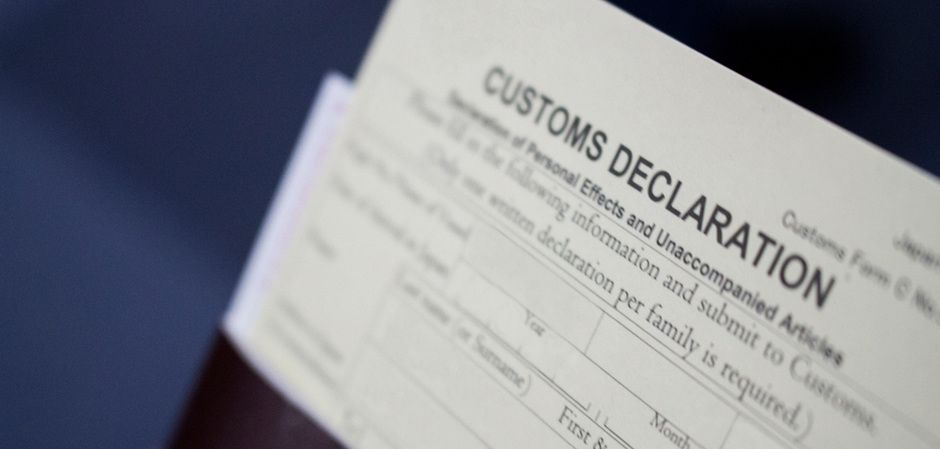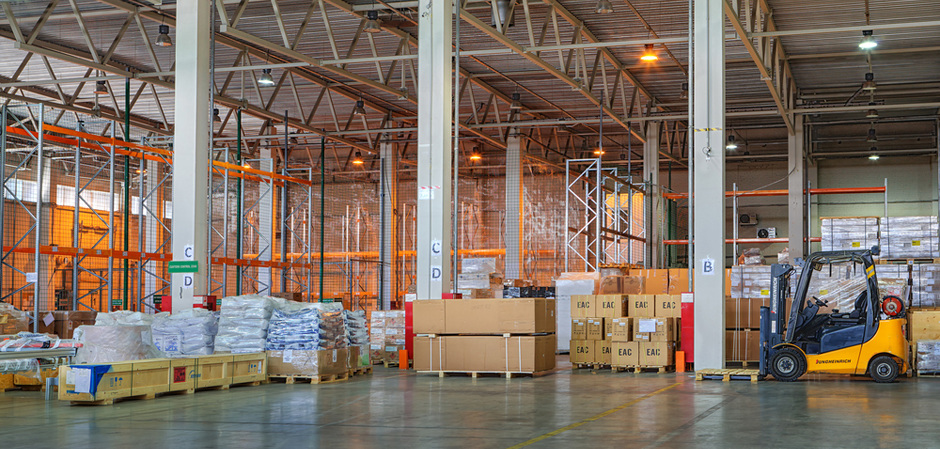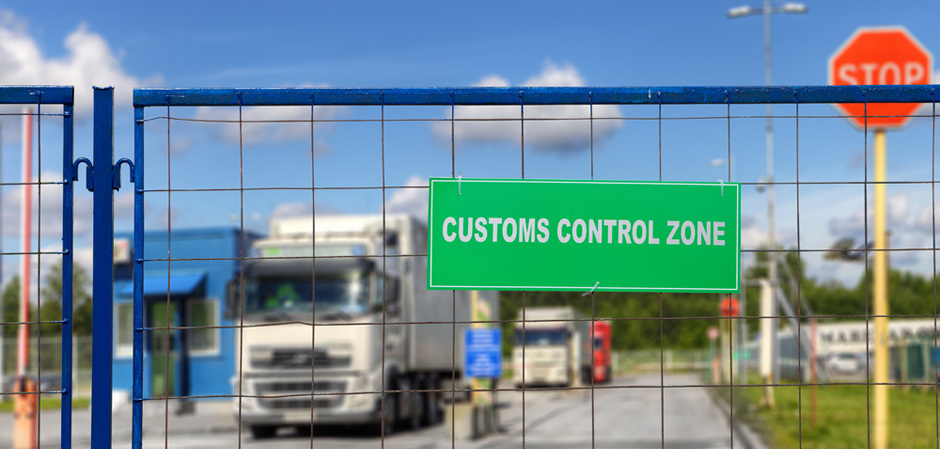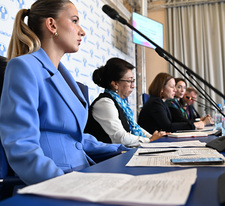Not just bare numbers
On January 17, First Deputy Head of the Federal Customs Service of Russia Ruslan Davydov took part in the Gaidar Forum 2019. During the session «Digital traceability –new horizons of digital public administration of commodity and service markets» he spoke about the need to develop physical control mechanisms, as well as the benefits of business participation in this process.

"The organization of the traceability system of goods has become a global trend. At the same time, it is important for customs authorities not just to record the trajectory of a particular product, but to see the entire supply chain: starting from the moment of production and ending with the release into circulation. This greatly simplifies and accelerates the customs control procedures," noted Mr. Davydov.
In Russia, for low-risk turnover participants, the average time of automatic release currently does not exceed 5 minutes. In 2018, 30% of export declarations and about 20% of import declarations were automatically issued.

In addition, Mr. Davydov stressed the importance of introducing mechanisms of physical control of the movement of goods, primarily labeling system, saying that its use contributes to the whitewashing of the market and the elimination of counterfeit products from the market.
Another component of the physical control system is the installation of intelligent navigation trackers on a container with cargo. According to Ruslan Davydov, a modern electronic seal acts not just as a beacon, but as a full-fledged on-board computer that contains information about the cargo, including images of inspection complexes. Its use minimizes the risk of forgery of electronic documents by unscrupulous market participants, and also forms a legitimate basis for defending interests in court.
The effectiveness of the technology used was noted in 2018 during an experiment to track transit traffic from Kazakhstan. In the near future, in March 2019, Belarus is planned to join the project: a national operator of intelligent trackers has already been created in the country.

In his report, the deputy head of the Federal Customs Service also noted that traceability is part of the unified mechanism for the administration of customs and tax payments being formed on behalf of the President of Russia. Its implementation involves not only the establishment of information exchange between services, but also openness on the part of the business community.
Ruslan Davydov:Joining the system is a kind of investment for business. By submitting accounting data to the tax service, the foreign trade participant closes a single chain of documentary traceability. Customs and tax authorities fully see the movement of goods and funds, which reduces the number of possible inspections in the future.

The development of information exchange, on which digital traceability is based, will also allow the risk-oriented approach to be applied in an automated form. In the foreseeable future, the RMS should become a self-adjusting adaptive system that will automatically process information without human intervention. This will free up human resources and concentrate them on controlling risky supplies.
The session of the Gaidar Forum 2019 was also attended by representatives of the Eurasian Economic Commission, state authorities, business and scientific community, representatives of foreign customs administrations. The moderator of the discussion was Oleg Vinichenko, a leading expert of the Competence Center "Digital Traceability" of RANEPA.
Source: Federal Customs Service
Photo: shutterstock











